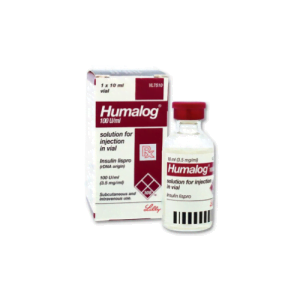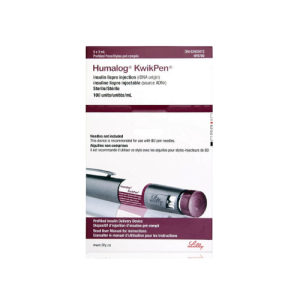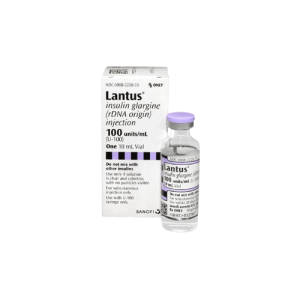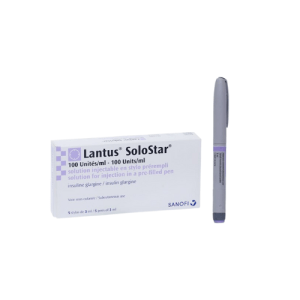Following the FDA’s approval of Nesina on January 25, 2013, one more drug manufactured by Takeda Pharmaceuticals was simultaneously given the green light for type 2 diabetes treatment and management. The medicine is called Kazano, a combination drug for improving glycemic control and stabilizing blood sugar levels.
Let us learn more about Kazano today.
What is Kazano?
Kazano is a combination drug that contains two active ingredients, Alogliptin and Metformin. This prescription medicine is used alongside a proper diet and regular exercise to control and stabilize blood sugar levels. Taking this medicine makes it easier to prevent diabetes-related complications like kidney damage, nerve problems, vision loss, sexual dysfunction, and loss of limbs.
Combining alogliptin and metformin maximizes better blood sugar control by targeting different mechanisms related to glucose metabolism.
- Alogliptin is a dipeptidyl peptidase-4 (DPP-4) inhibitor. It works by blocking the action of the DPP-4 enzyme, which increases the levels of incretin hormones in the body.
- Metformin is a biguanide medication and one of the most commonly used oral antidiabetic drugs. It lessens glucose production in the liver and improves the body’s sensitivity to insulin.
How do alogliptin and metformin help manage type 2 diabetes?
Alogliptin inhibits the enzyme DPP-4 (dipeptidyl peptidase 4). DPP-4 breaks down incretin hormones, such as GLP-1 (glucagon-like peptide-1) and GIP (glucose-dependent insulinotropic peptide). These hormones are vital in regulating blood sugar levels by stimulating insulin release and minimizing glucagon secretion from the pancreas.
The increased insulin release reduces blood sugar levels by taking glucose from the bloodstream. In the same course of action, the reduction of glucagon secretion further contributes to blood sugar control.
In addition to alogliptin’s mechanism of action, this drug promotes better postprandial glucose control. Alogliptin’s capacity to enhance the incretin hormones’ activity reduces the risk of rapid blood sugar spikes after every meal. One of the significant benefits of alogliptin is its ability to reduce postprandial (after-meal) hyperglycemia.
Meanwhile, metformin is the most common oral antidiabetic drug available today. It is the first-line treatment for managing type 2 diabetes. How does it improve glycemic control?
As mentioned, metformin primarily works by minimizing the amount of glucose production in the liver. In type 2 diabetes patients, the liver overproduces glucose, resulting in elevated blood sugar levels. Metformin blocks this process, efficiently decreasing the liver’s release of glucose into the bloodstream.
Another crucial mechanism of metformin is how it enhances insulin sensitivity in people with insulin resistance, a precursor of type 2 diabetes. It describes the body’s lack of insulin response, signaling the development of type 2 diabetes. Metformin reverses this phenomenon by helping the cells become more responsive to insulin, allowing them to take up more glucose and lower blood sugar levels.
By improving insulin sensitivity and overall blood sugar control, metformin also helps type 2 diabetes patients lose weight. Weight management is an essential factor in managing type 2 diabetes.
It is essential to note that the consumption of Kazano also includes lifestyle modifications, such as a proper diet, regular physical activity, and weight management. Additionally, always follow your healthcare professional’s instructions for safety and efficacy during your treatment with Kazano.














